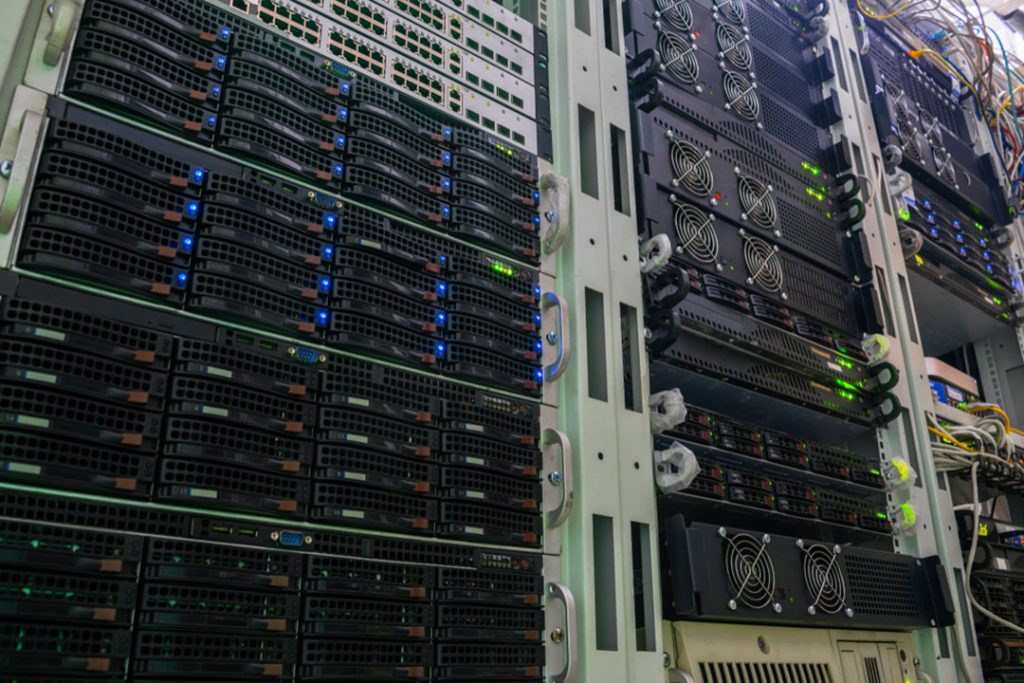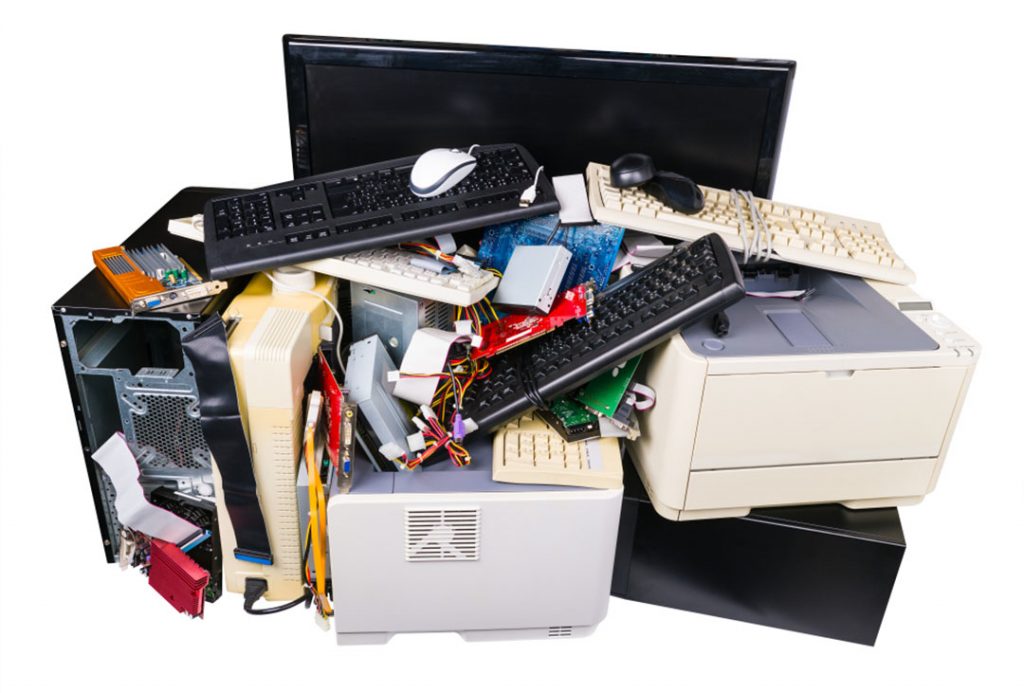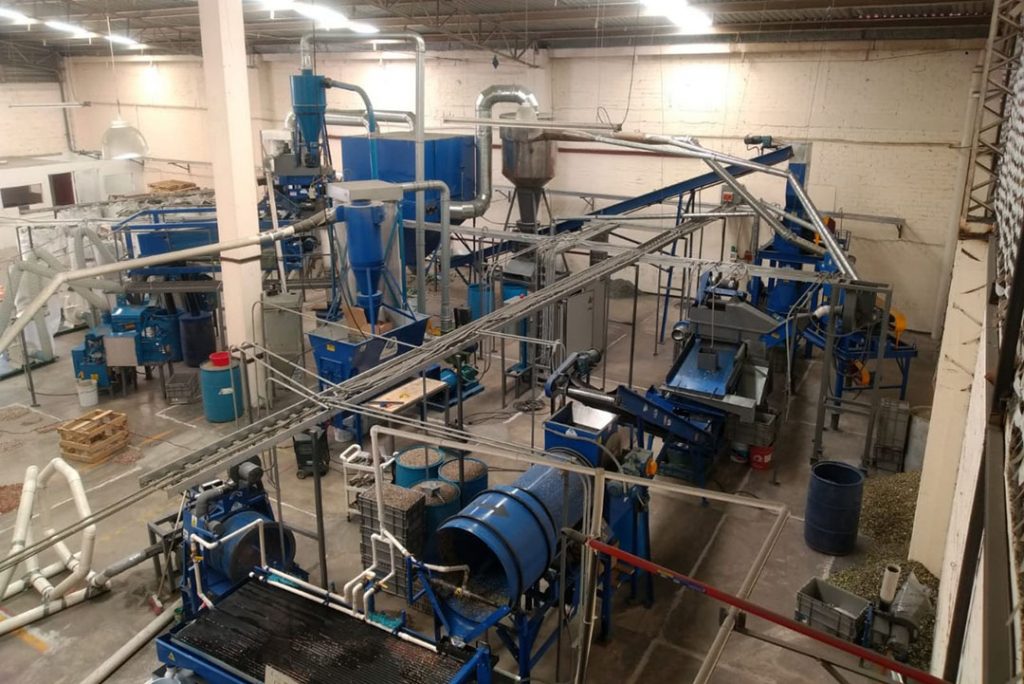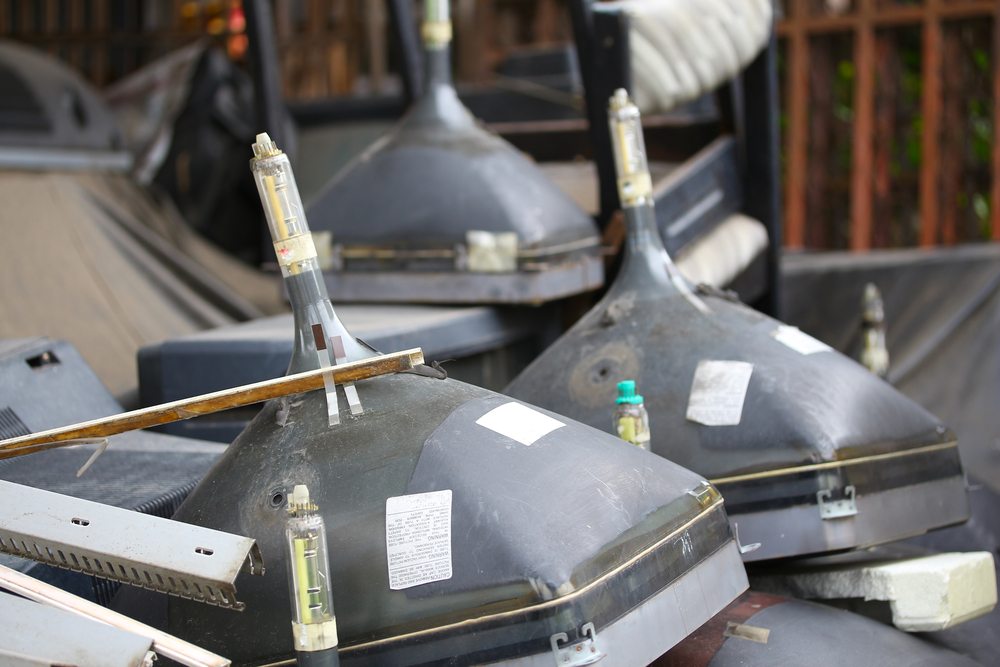
SERI will accept public comments on their updated draft via an online form. | TypoArt BS/Shutterstock
Sustainable Electronics Recycling International has released a revised draft of the new R2 standard for comment. Meanwhile, the organization will provide a grant for the use of GPS tracking devices.







 The PCB Scrap Recovery system is designed specifically to process low-grade circuit boards. | Courtesy of PCB Scrap Recovery.
The PCB Scrap Recovery system is designed specifically to process low-grade circuit boards. | Courtesy of PCB Scrap Recovery.

